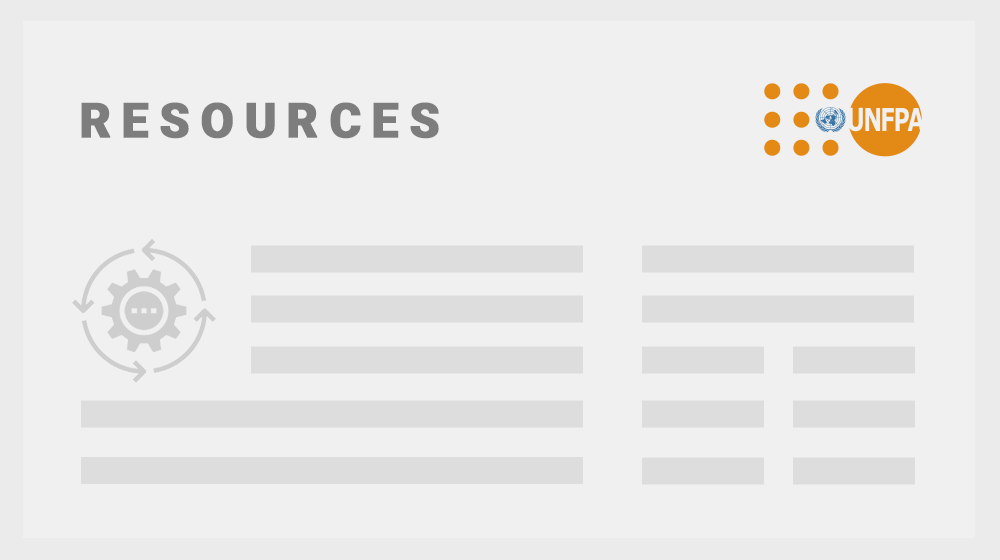Lebanon and Syria
The escalation of hostilities in Lebanon has forced tens of thousands of families to flee their homes to seek safety – both in collective shelters within the country and across the border in neighbouring Syria.
Hospitals in Lebanon, where pregnant women would ordinarily go to deliver safely, have been forced to evacuate, and those that remain open are overwhelmed with injured patients. Health facilities have also shuttered, leaving women without access to essential health care.
Collective shelters inside Lebanon are overcrowded, increasing women and girls’ vulnerability to gender-based violence and leaving them without access to safe water, latrines, washrooms or sanitary pads.
Tens of thousands of Lebanese refugees and Syrians have crossed into Syria, a country where humanitarian needs have already escalated to unprecedented levels. Nearly half of health facilities in the country are partially or completely damaged amid a chronic shortage of medical equipment and supplies.
UNFPA is scaling up its response in Lebanon and Syria. Mobile medical units and health centres are providing reproductive health and protection services across Lebanon and at border crossing points in Rural Damascus, Homs, Daraa and Tartous, Syria. Midwives have been deployed to provide maternal care to pregnant women, and life-saving supplies and equipment, including for safe births and emergency obstetric care, are being distributed to health facilities. Hygiene items and menstrual supplies are being provided to displaced women and girls.
UNFPA echoes calls for an immediate ceasefire and urges all parties to uphold international law, including the protection of civilians, humanitarian workers and medical personnel as well as civilian infrastructure, including homes, schools and hospitals.
Updated on 3 October 2024


